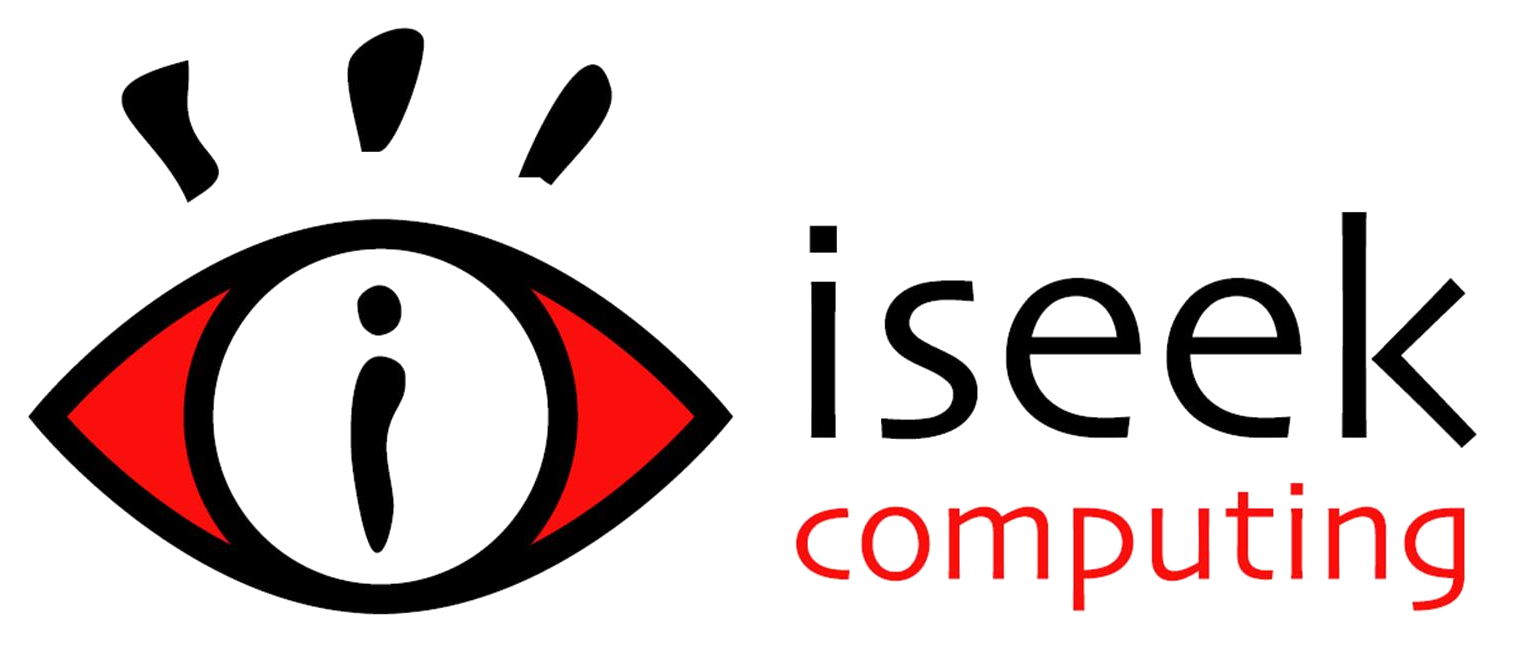
The team at iseek computing is thrilled to announce that we have joined the team at Adelaide's premier Managed Services Provider, Concept Data.
We will be part of the new office located at Unit 9, 22 Mann St, Mount Barker, and we are excited to continue to support existing clients and to work with our new colleagues to service Mount Barker and surrounding areas.
For more information, please reach out to our team at hello@conceptdata.com.au or call us on 08 8122 9500.